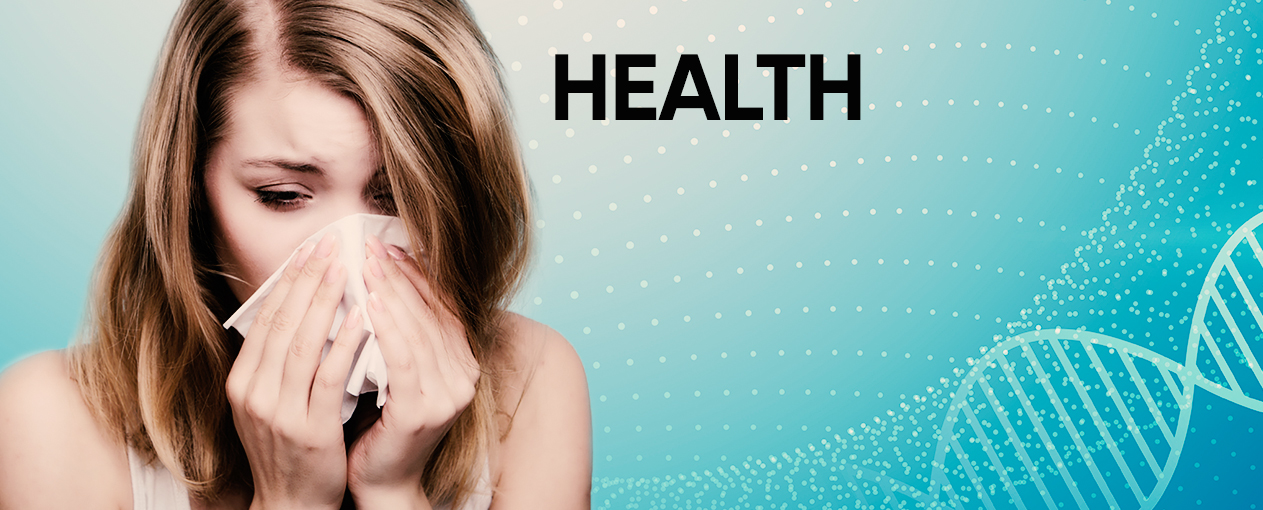Hay fever, or allergic rhinitis, is a common condition with symptoms similar to those ofa cold. There may be sneezing, congestion, runny nose, and sinus pressure.It is caused by an allergic response to airborne substances, such as pollen. Mostly it occurs at the onset of spring season. Despite its name, hay fever does not mean that the person is allergic to hay and has a fever.
Hay fever, can cause sneezing, a stuffy or runny nose, watery eyes, and itching of the nose, eyes or the roof of the mouth.Symptoms are usually caused by allergic sensitivity to pollens from trees, grasses, or weeds, or to airborne mold spores.
Severe symptoms may include sweats, headaches, loss of smell and taste, facial pain caused by blocked sinuses and extreme fatigue. Wheezing and breathlessness is also observed at times in patients of hay fever.

Treatment
A range of over-the-counter (OTC) treatments can help manage hay fever.
Antihistamine sprays or tablets
Commonly available, they usually effectively relieve symptoms of a runny nose, itching, and sneezing, but they will not unblock congested sinuses.
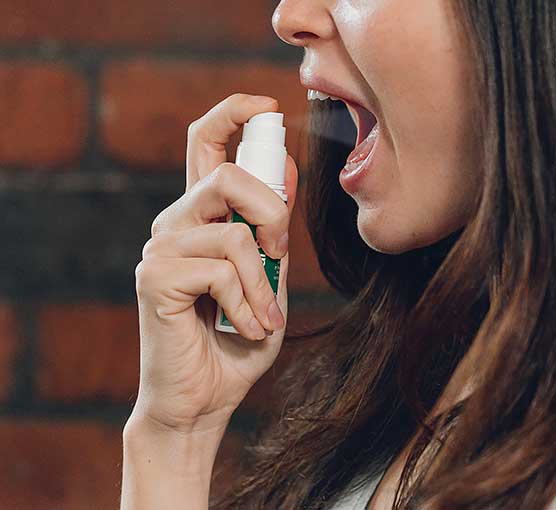
Eye drops
These reduce itching and swelling in the eyes. They are usually used alongside other medications.
Nasal corticosteroids: These sprays treat the inflammation caused caused by hay fever. They offer a safe and effective long-term treatment. It may take a week for benefits to show.There may be an unpleasant smell or taste, or nose irritation.
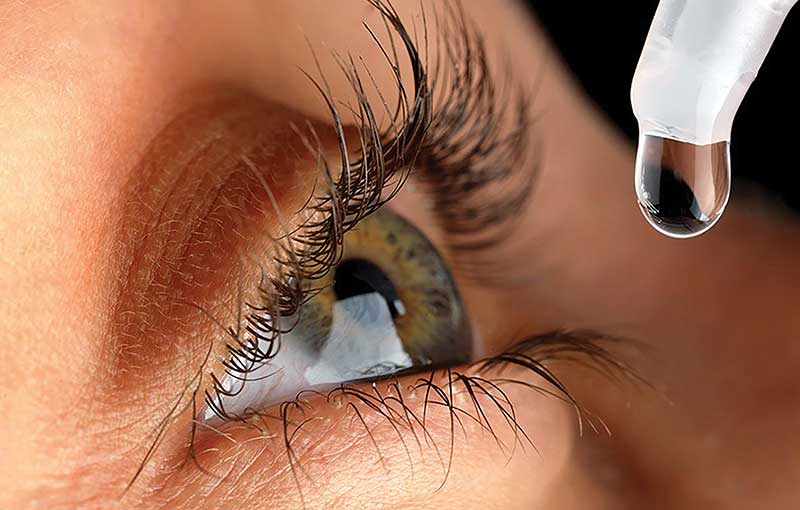
Alternate treatments
Herbal teas
Certain herbs have a natural antihistamine effect. Opt for green tea, chamomile, elderflower, ginger, peppermint and anise to limit the effects of hay fever and sip these throughout the day. They will also help to keep you hydrated, so it’s a win-win.
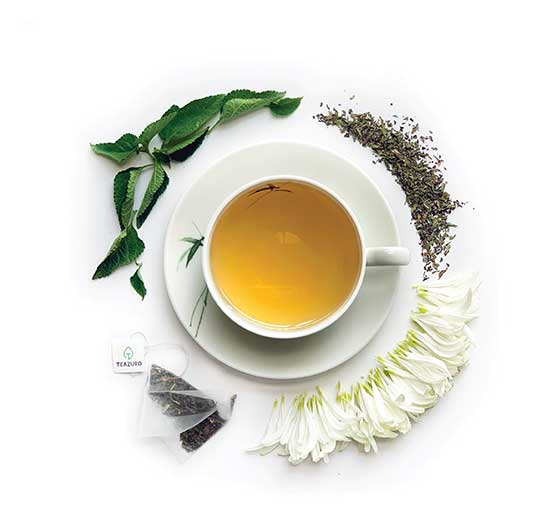
Honey
There is some strong evidence to show that consuming local honey can help to limit the effects of hay fever as it exposes you to the same pollen, helping your body to naturally form a tolerance. If you like honey, it is certainly worth a shot, but it is key to source local honey, which can normally be found in local markets.
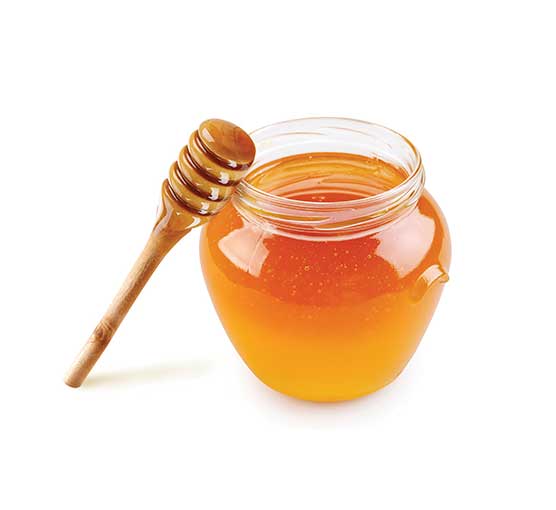
Garlic
An underrated food which can help block the production of histamine and soothe hay fever symptoms. Try to incorporate garlic into your daily meals or opt for a good quality supplement.
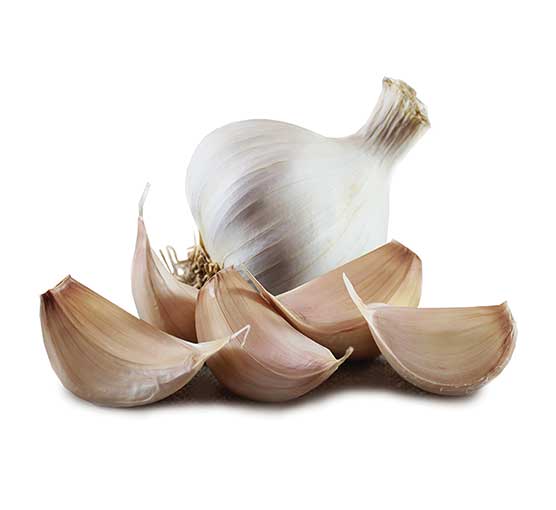
Vitamin D
A vitamin D deficiency has been linked to the development of allergies and autoimmune diseases. Vitamin D also supports the healthy gut bacteria. Try to spend time outdoors every day, or incorporate a supplement containing Vitamin D into your diet.


